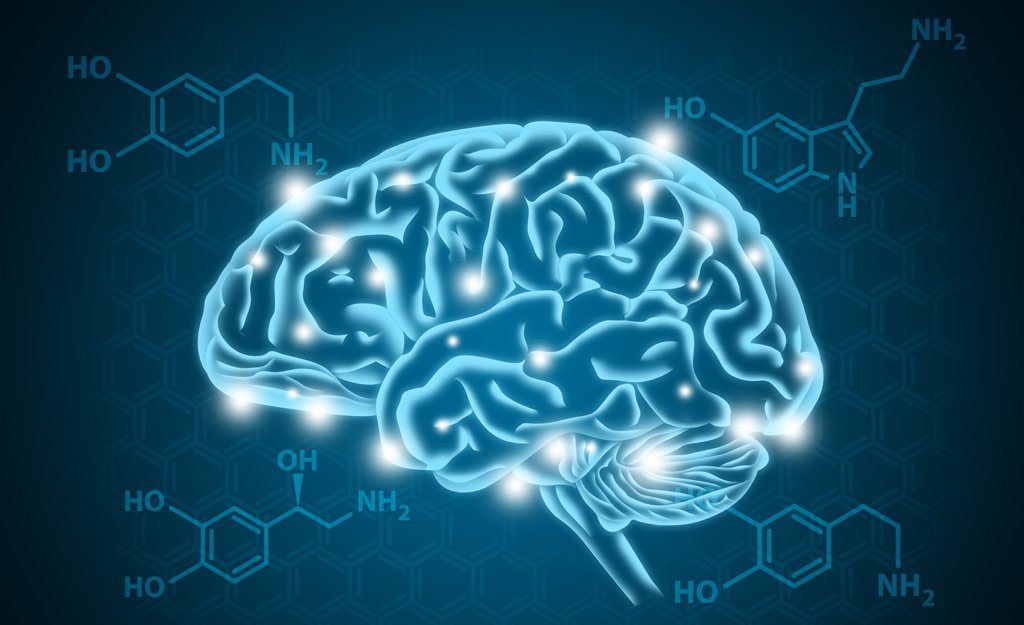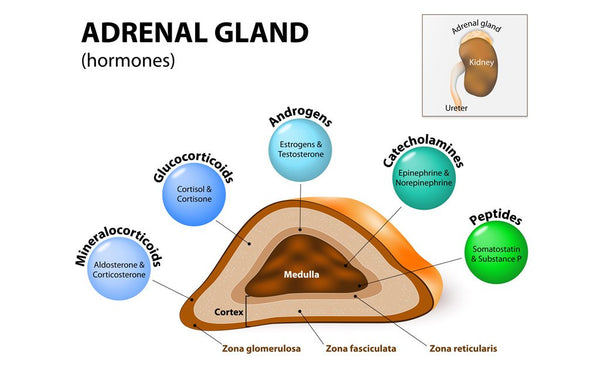
Hormones & How You FEEL
Hormones have a huge influence on how you FEEL. Not just emotionally but how you sleep, react, energy levels, libido, mood and even pain. Understanding the impact on how you feel is an important part of understanding your body. In this article, we explore the link between hormones and how your body is FEELING.
What is Serotonin?
You’ve probably heard or read a lot about serotonin, a powerful neurotransmitter required by the brain and body to feel happy.
Often labelled as one of the ‘happy hormones’, up to 90% of serotonin is found in the gut. The other neurotransmitters that form the ‘happy quartet’ are dopamine, oxytocin, and endorphins.
It’s no wonder that with the poor habits of the Western diet we see so many stagnant gut conditions such as candida, leaky gut and dysbiosis. With the proliferation of negative gut flora, there is a decline in the storage and production of this essential hormone for happiness.
These are the specific functions of the neurotransmitter serotonin:
- Regulates mood and memory
- Controls appetite and sexual urges
- Inhibits pain
- Promotes sleep
- Pituitary hormone secretion
- Vasodilation
Oestrogen and progesterone receptors are also found in serotonin-producing receptors in the brain. Oestrogen increases the production rate and receptor density of serotonin, as well as that of endorphins and other beneficial neurotransmitters. Declining oestrogen during perimenopause seems to lead to lower levels of serotonergic activity, which might contribute to depression and the mood changes associated with this life phase.
Depression, anxiety or nervousness are very common symptoms of menopause.
These symptoms can be directly linked to the decreased production of serotonin in the brain and gut. For this reason, improving gut health will have a remarkably positive effect on the well-being and positive outlook of an individual. The body’s ability to maintain homeostasis of the biochemical receptivity of the brain, and its associated hormone production, is seen by the long-term improvement of the gut and its ability to absorb and utilise the foods we consume.
Hormonal Neuroactivity
Hormones are the messengers that travel through the bloodstream to start, stop, speed up or slow down physical and chemical functions and processes across all body systems.
The ovarian hormones have an effect on many neurotransmitters in the brain, specifically in the interaction among oestrogen, progesterone, testosterone, serotonin and dopamine. By gaining an understanding of these neurotransmitters and the way they influence our emotional state and physiological health, we can better understand why our bodies are reacting in certain ways.
The nervous system is highly influenced by hormones which act on an individual's perceptions, emotions, personality and physical state. Below is a table outlining how these hormones affect the nervous system:
|
HORMONE ACTION |
HORMONE EXCESS |
HORMONE DEFICIENCY |
|
Oestrogen |
anxiety, agitation, irritability, emotional lability, panic attacks, obsessive-compulsive tendencies and phobias |
mood swings, memory loss, inability to focus, irritability, fatigue, depression, stress and anxiety |
|
Progesterone |
sedation and depression |
mood swings, insomnia and restlessness |
|
Testosterone |
aggression, impulsive behaviour and hypersexuality |
reduced sexual desire, hot flushes, sweating, lethargy, fatigue and depression |
|
Serotonin |
confusion, agitation, restlessness, headaches, rapid heart rate and blood pressure changes |
depression, anxiety, |
|
Dopamine |
enhanced concentration, |
anxiety, irritability, tension, |
Summary
Ultimately your internal health and balance impact on your body's ability to regulate hormone levels. What you eat, how much sleep you get, regular exercise and proper hydration have a direct effect on hormonal control.
When hormonal control goes awry, natural medicines can be used as a catalyst to stimulate the body to regulate its own levels. It's no use prescribing one or another hormone when in reality, the body should be producing and regulating its own levels. The hormonal system is far too complex to manipulate with hormones. The body must do this itself, and Happy Hormones can be used as a tool to restore normal controls.















